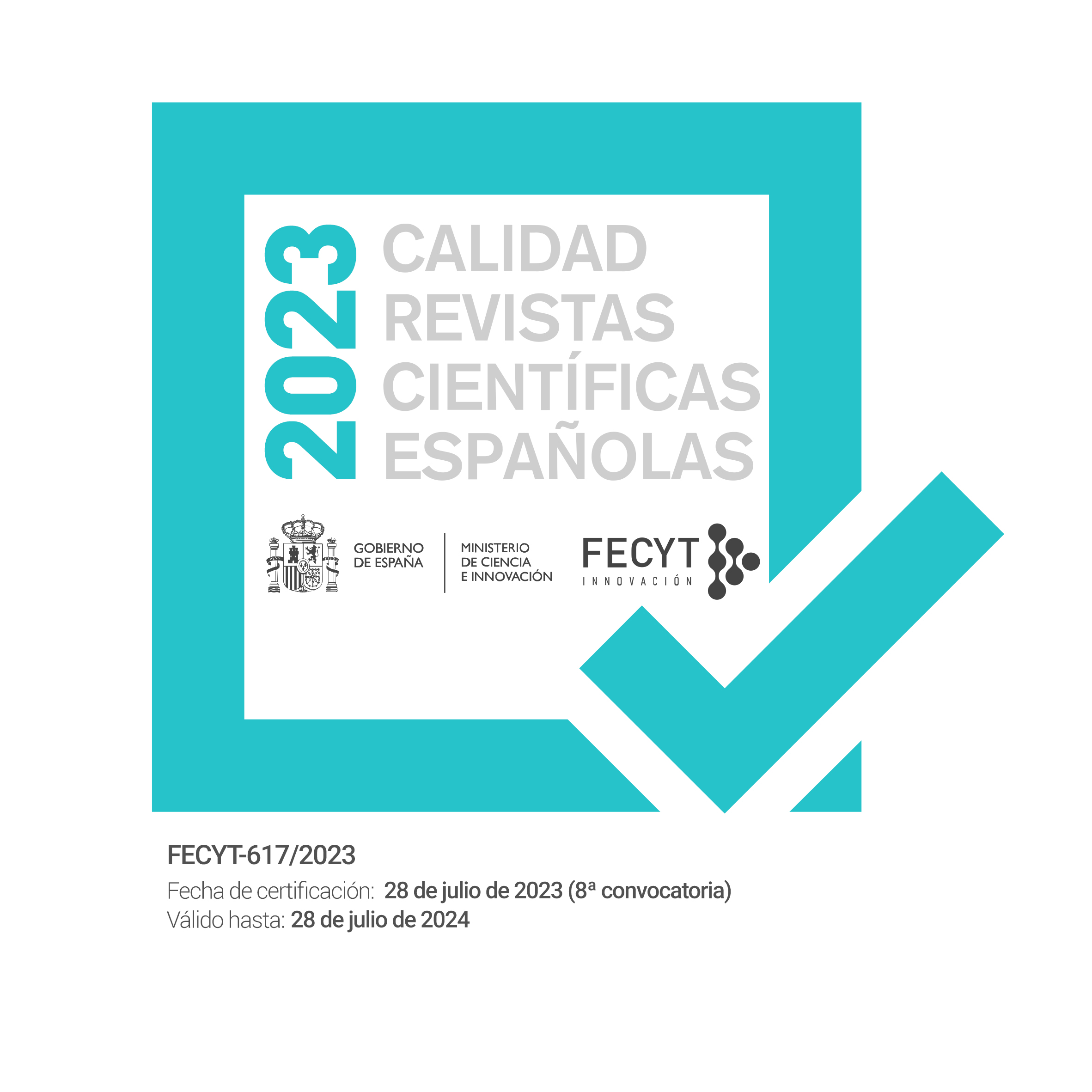Between Faith and Science: World Culture Theory and Comparative Education
Schlagworte:
world culture theory, , neo-institutionalism, ideology, neo-liberalismAbstract
World culture theory seeks to explain the apparent educational convergence through a neoinstitutionalist lens, seeing global rationalization in education as driven by the logic of science and the myth of progress. While critics have challenged these assumptions by focusing on local manifestations of world-level tendencies, such critique is comfortably accommodated within world culture theory. We approach the debate from a fresh perspective by examining its ideological foundations. We also highlight its shift from notions of myth and enactment toward advocacy for particular models, and we show that world culture theory can become normative, while obscuring our view of policy convergence. Finally, we critique the methods and evidence in world culture research. We argue that such research, while failing to support its own claims, actually produces world culture, as its assumptions and parameters create the very image of consensus and homogeneity that world culture theorists expect scholars to accept ― in faith ― as empirically groundedDownloads
Keine Nutzungsdaten vorhanden.
Downloads
Veröffentlicht
2013-04-01
Zitationsvorschlag
Carney, S., Rappleye, J., & Silova, I. (2013). Between Faith and Science: World Culture Theory and Comparative Education. Profesorado, Revista De Currículum Y Formación Del Profesorado, 17(1), 243–267. Abgerufen von https://revistaseug.ugr.es/index.php/profesorado/article/view/19459
Ausgabe
Rubrik
Firma Invitada














